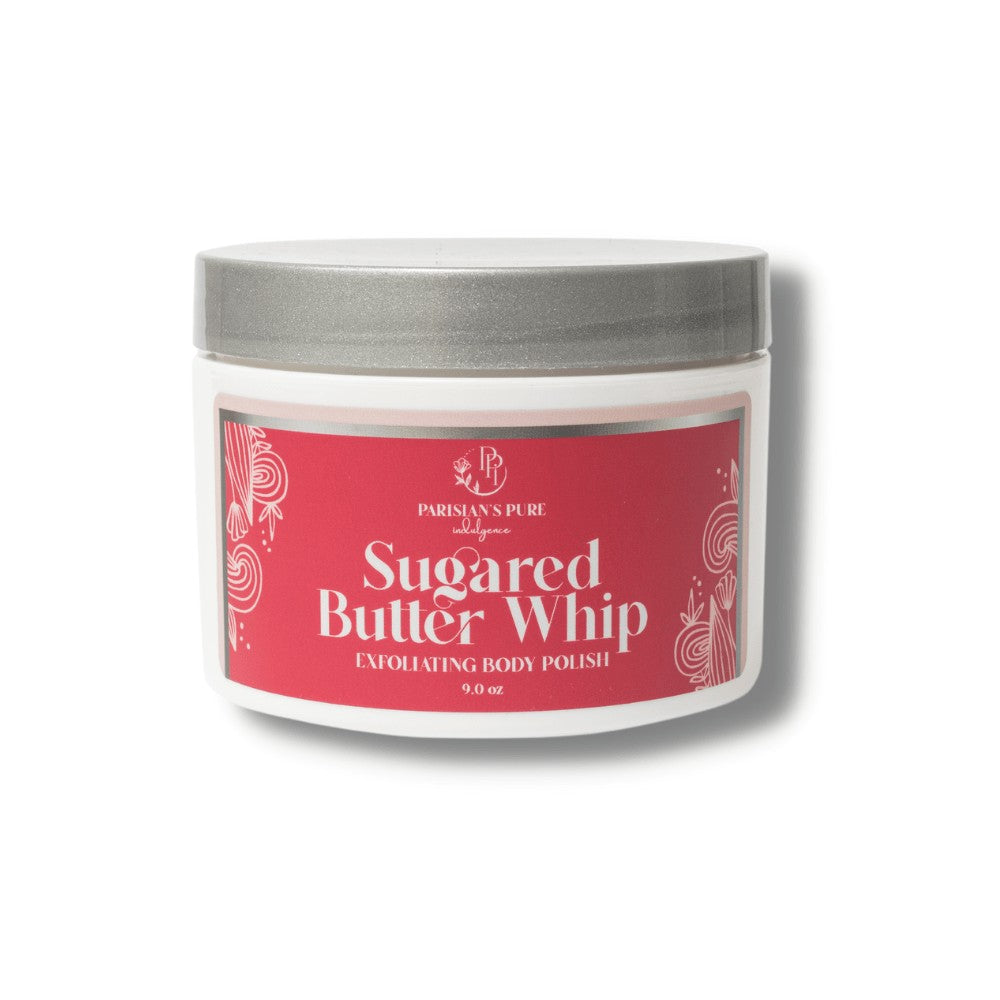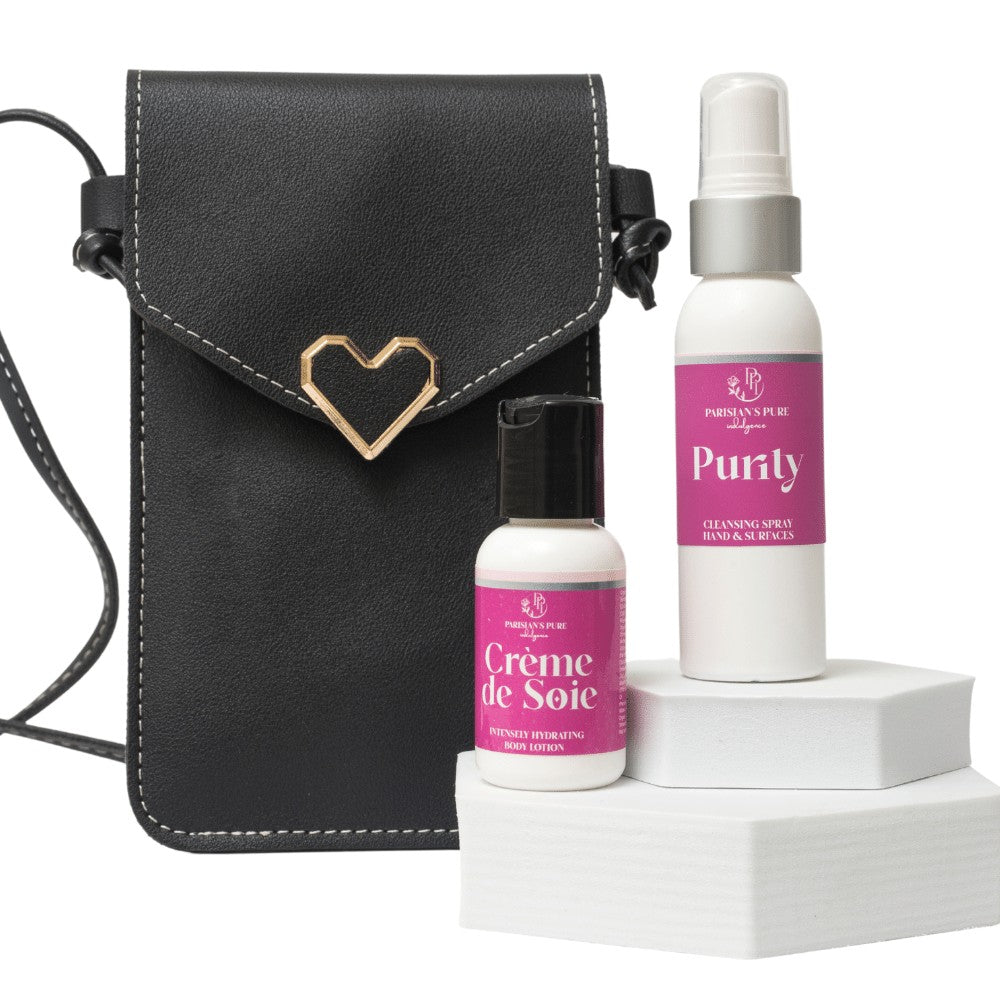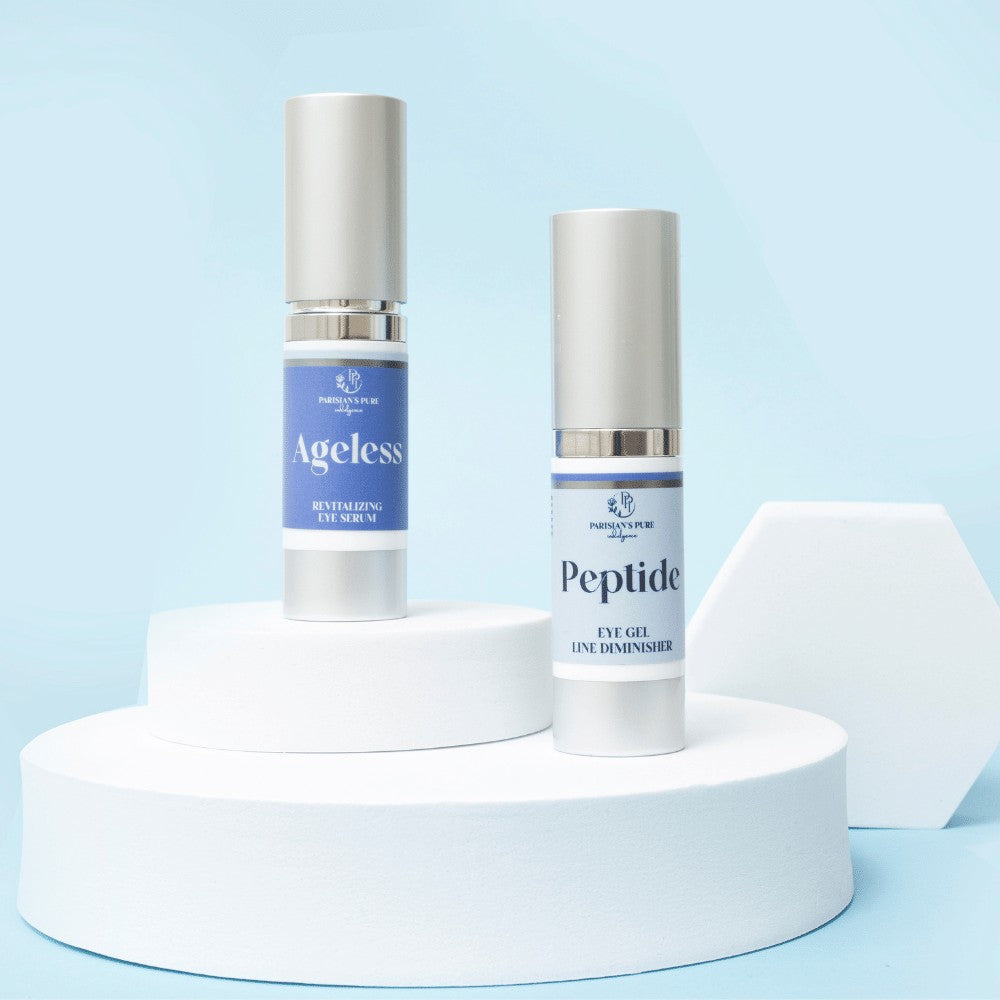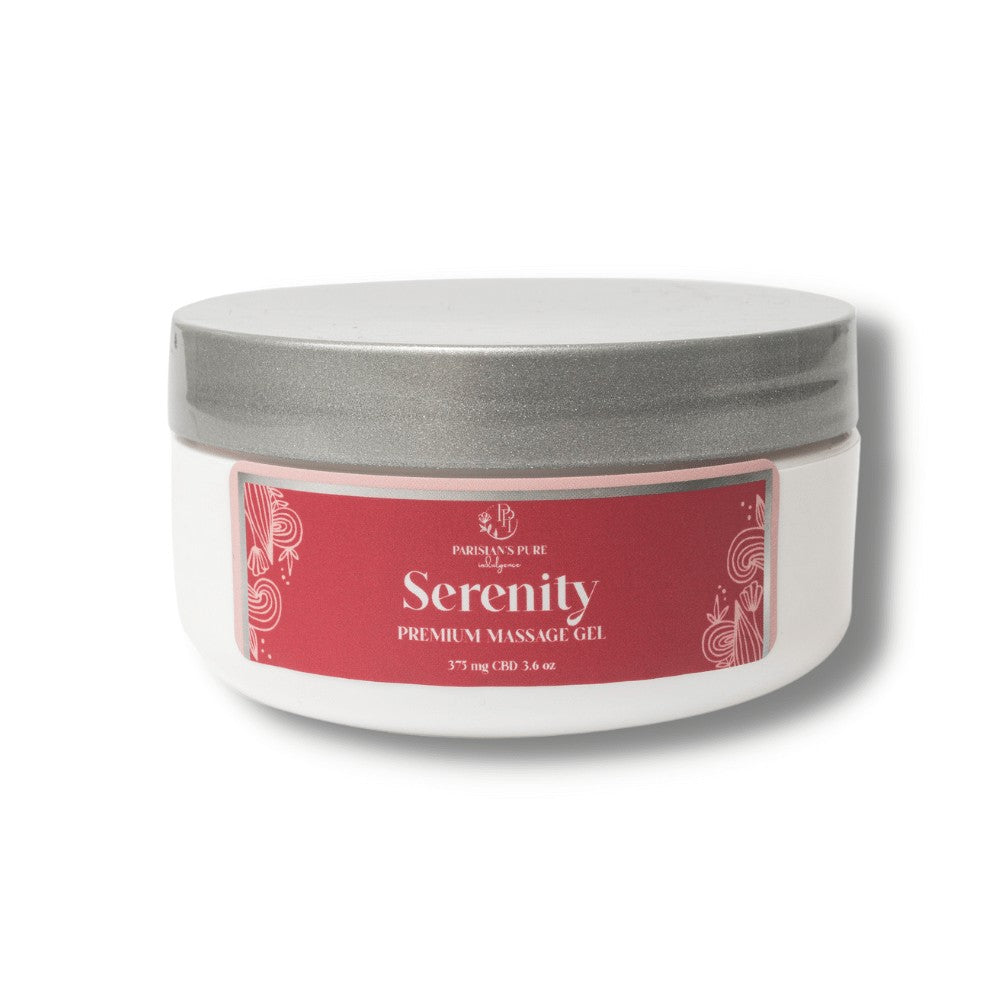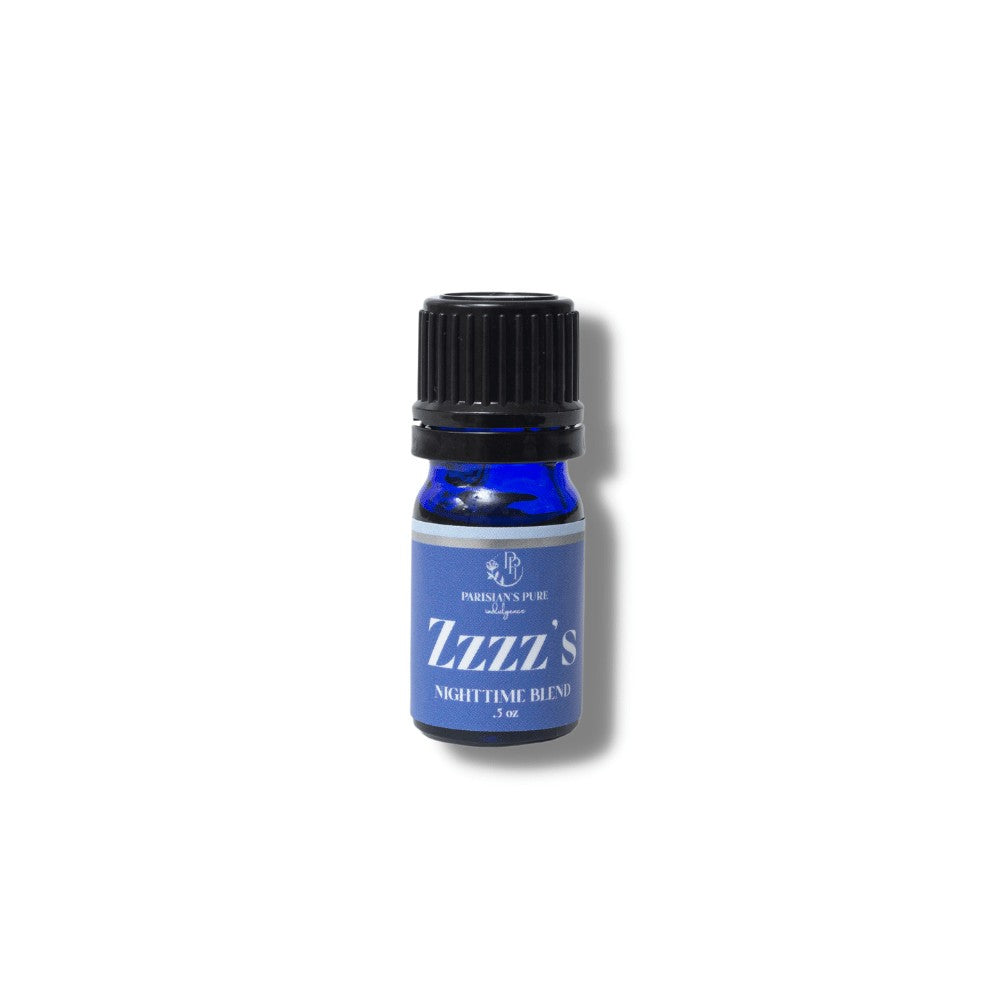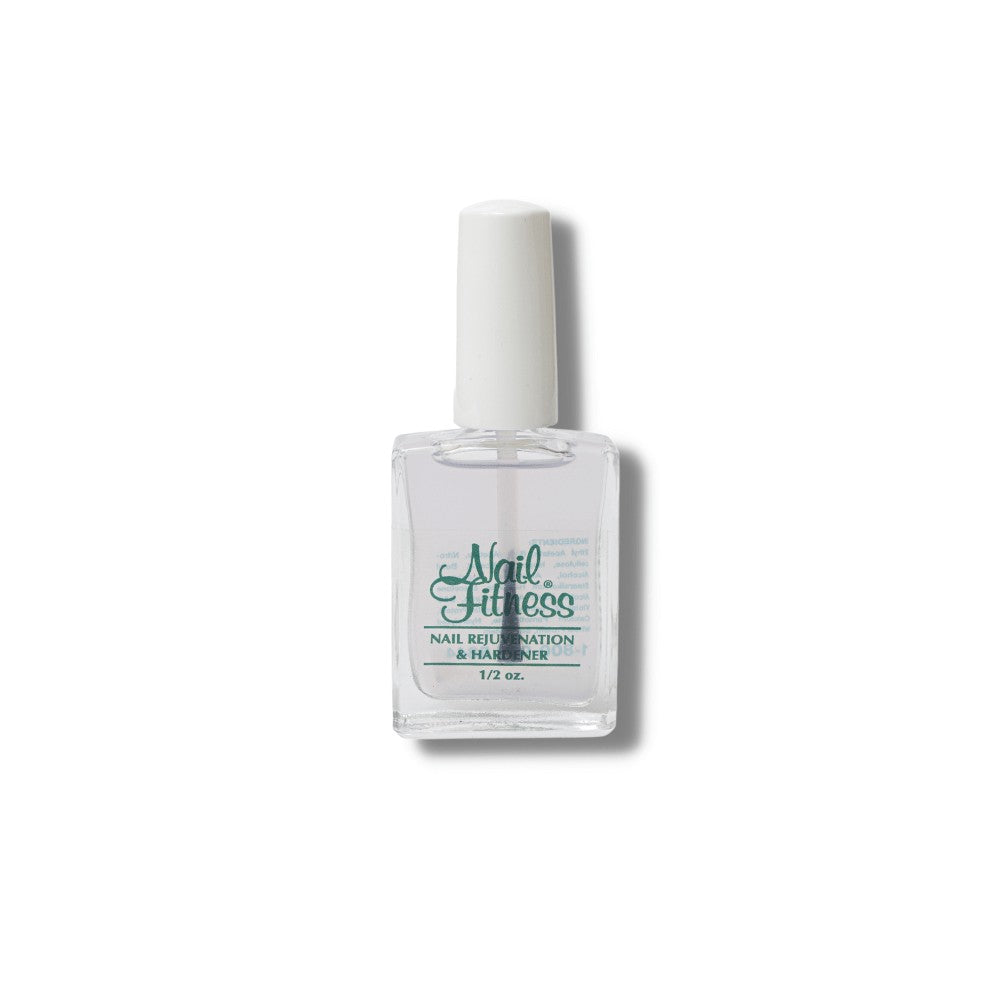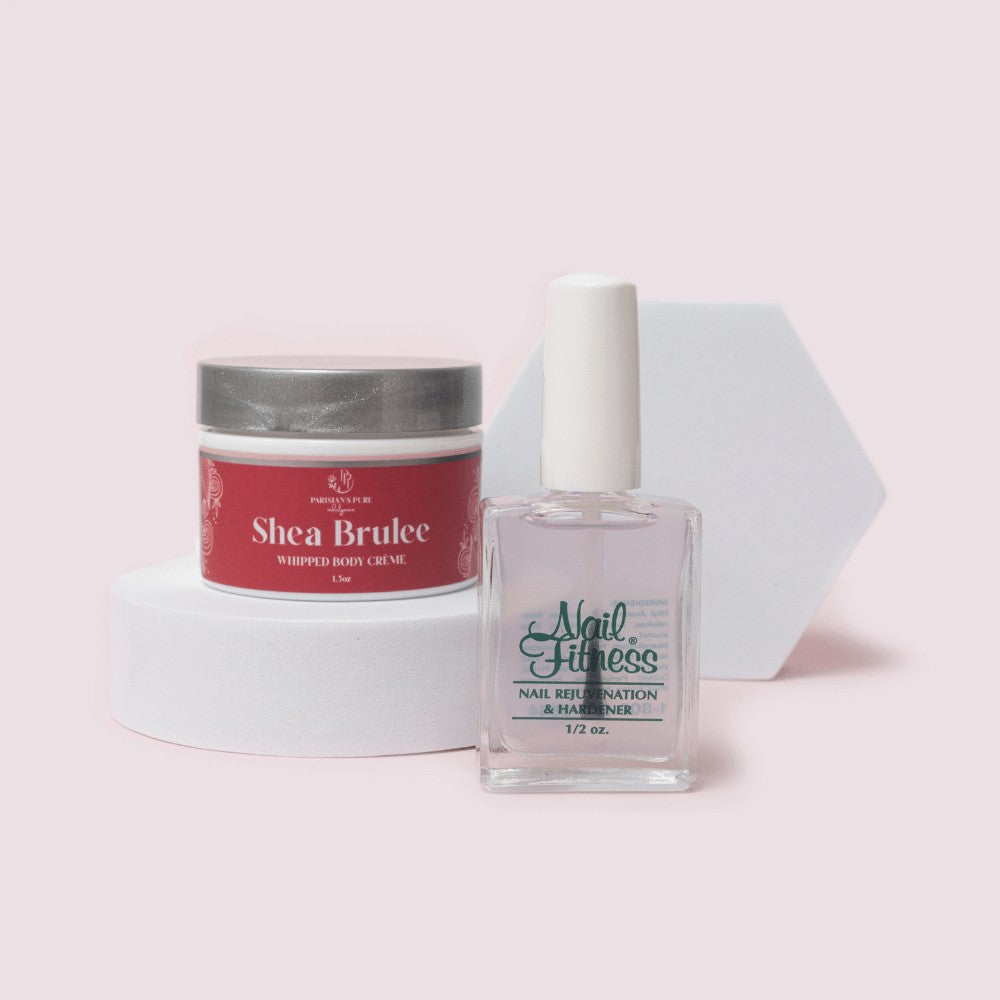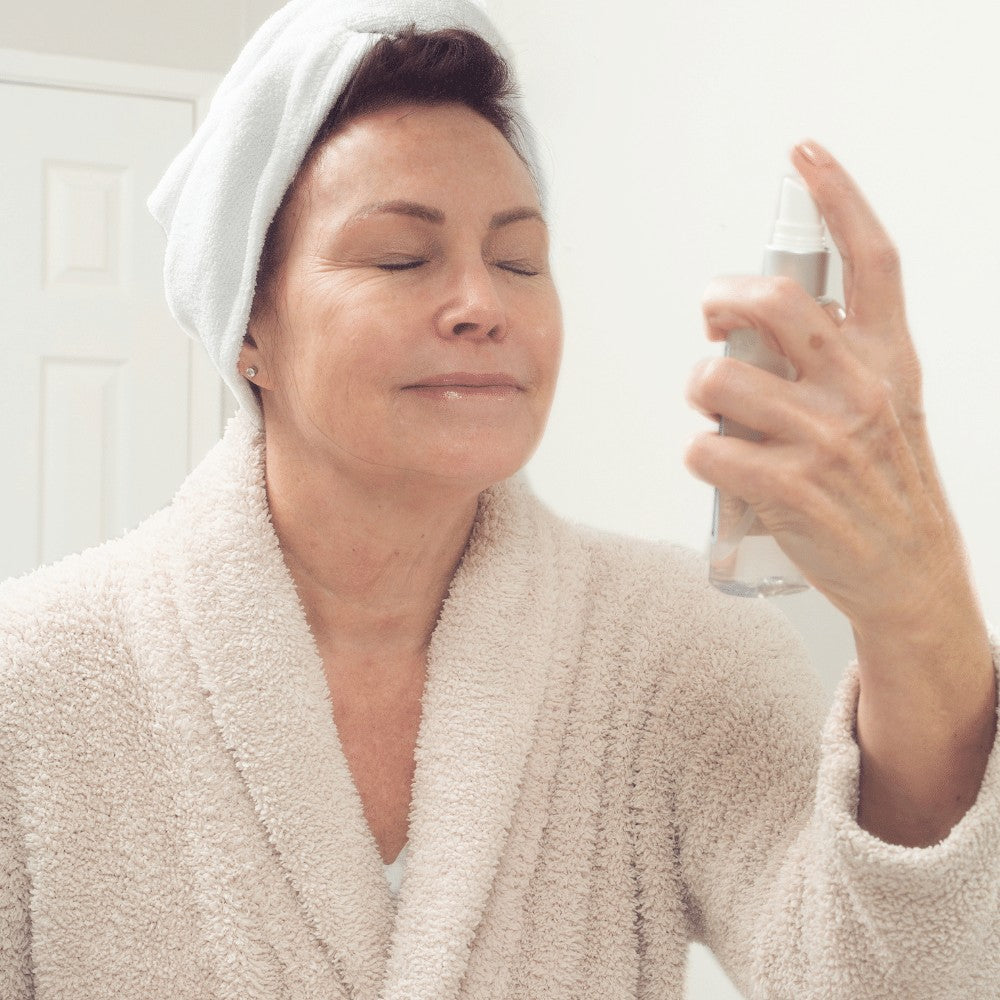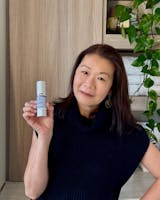Beyond the hot flashes: Uncover how to keep your skin vibrant after menopause
Ready to talk about menopause? More importantly, let's discuss how your skin can thrive in this new beautiful phase.
Understanding Your Skin After Menopause
During the five years following menopause, your body goes through some significant changes, and your skin is definitely impacted. You see, metabolism and cell renewal slow down, which means your skin isn't repairing itself as quickly as it used to. On top of that, your skin can lose a whopping 30% of its collagen and become deficient in calcium.
What does this mean for you? It often translates to skin that feels more fragile and reactive, and you might notice it's not as plump or resilient as it once was.
But here's the good news: you can absolutely help your skin! The key is to look for skincare products specifically designed to provide comfort and radiance. These products can help replenish what your skin is missing, making it feel stronger and look healthier.
Understanding Collagen Loss and Considering HRT
So, you know how we talked about menopause impacting your skin? A huge part of that is the significant loss of collagen. As those hormone levels drop, especially estrogen, your skin's natural ability to produce this vital protein diminishes. This is why you might notice your skin feeling less firm, losing some of its bounce, and those fine lines becoming more noticeable. Collagen is essentially your skin's internal scaffolding, and when it weakens, the visible signs of aging become more apparent.
Now, while we can't give medical advice, you doctor can. It might be a great time to have a conversation with them about Hormone Replacement Therapy (HRT) or other alternatives.
Personally, I started taking hormones at 49 after a hysterectomy (at age 40, due to large fibroids). And honestly? I have no regrets. While HRT isn't for everyone, the direct link between hormone loss during and post-menopause and the resulting skin laxity caused by collagen depletion is undeniable. Of course, hormone therapy isn't just about our skin, there are other benefits too. Again, a conversation with your doctor is a great idea.

If HRT isn't the right path for you, or even if it is, remember there are also fantastic topical solutions like our Pro-Collagen Concentrate that can help support your skin's collagen from the outside.
Prioritize Intensive Hydration (Beyond Surface Moisture):
First things first: Prioritize intense hydration! Once menopause hits, and estrogen levels drop, guess what? Our skin's natural oil production takes a nosedive. That means more dryness and a weaker skin barrier. Now you need rich, heavy-duty moisturizers, especially at night. Keep an eye out for power players like niacinamide, glycerin, hyaluronic acid (HA), squalane, shea butter, and evening primrose oil.
Don't just moisturize; you need to deeply hydrate to bring back those lost healthy fats and really support your skin's protective shield. This will make your skin feel super comfy and look wonderfully plump!
Integrate Collagen-Boosting Powerhouses (Retinoids & Peptides):
Because of plummeting collagen production after menopause, skin laxity and wrinkles do occur. Retinoids and peptides are gold standards for stimulating collagen and elastin. Both signal the skin to produce more collagen, aiding in firmness and elasticity. These two powerhouse ingredients are vital for maintaining skin structure.
Never Skip Sun Protection (Yes, Even Indoors!):
Sun damage is a primary accelerator of skin aging, and post-menopausal skin, with its reduced collagen and barrier function, is even more susceptible to its effects. Daily, year-round application of a broad-spectrum SPF 50 sunscreen is non-negotiable. This is the single most effective way to prevent dark spots, wrinkles, and skin cancer, protecting your skin's health and appearance.
Time for a Makeup Refresh?
Our skin, features, and even our personal style evolve over the years. What worked wonders for you in your 30s or 40s might not be doing your complexion justice now. Think about it:
-
Foundation and Primer:Is your current shade still a perfect match? Sometimes, formulas can feel heavy as our skin changes.
-
Eye Makeup: Are the colors you're using around your eyes still brightening and lifting, or are they perhaps a little too dark or stark?
- Lip Color:Does your go-to lipstick still flatter your skin tone and bring a youthful pop to your face?
-
Eyebrows:How are the shape and color of your eyebrows? Well-groomed brows can frame your face beautifully and open up your eyes.
It's a great idea to evaluate your makeup routine every 10 years or so. Just like our wardrobes and our skincare routine, our makeup bags can benefit from a little refresh!
And if you're thinking, "I don't wear any makeup," that's perfectly fine too! But it might be worth a quick peek in the mirror to see if a touch of something simple – perhaps a little brow gel or a hint of tinted moisturizer – could subtly enhance your features and make you feel even more radiant.
What changes have you noticed? Feel free to comment.

